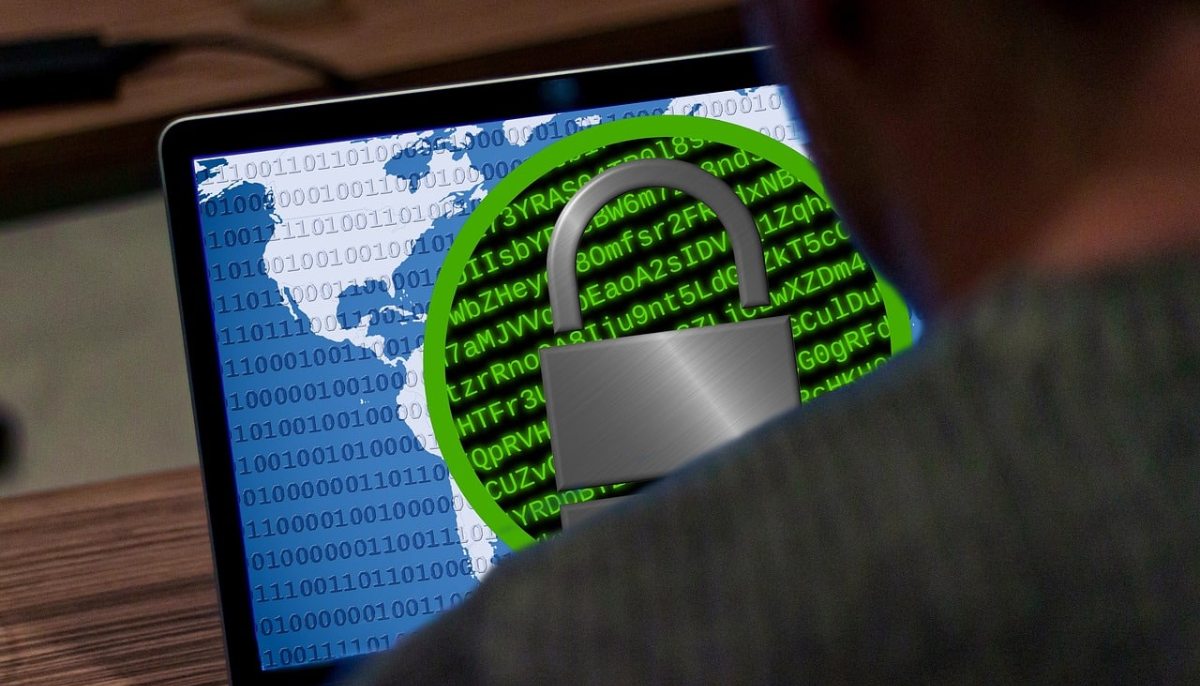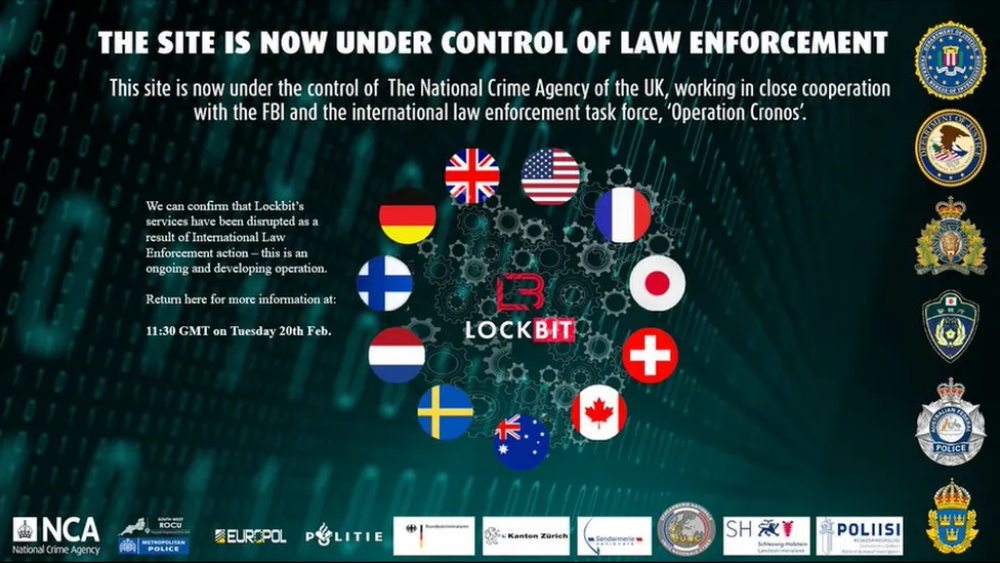
The website of major crypto ransomware operator LockBit has been taken down in a coordinated effort by international enforcement agencies. The message displayed on the site confirms it is now “under control of law enforcement.”
The operation, involving the UK’s National Crime Agency (NCA), the US Federal Bureau of Investigation (FBI), Europol, and a wider international coalition, targeted the website itself, replacing its content with a statement claiming its control.
As per the message on the website, further details are expected at a later date. This development comes amidst growing concerns about LockBit’s prolific and damaging cyberattacks. The UK’s National Cyber Security Centre (NCSC) previously issued a joint warning with partner agencies, highlighting the “enduring threat” posed by the group.
Their eponymous ransomware software was labeled as the “most deployed ransomware variant” worldwide in 2022, continuing its rampage into 2023.

LockBit Involved in Several High-Profile Attacks
LockBit’s notoriety stems from its involvement in high-profile attacks, including the Royal Mail hack in early 2023.
Their modus operandi involves stealing sensitive data from targeted organizations and threatening to leak it unless ransom demands are met, primarily in cryptocurrency.
While Bitcoin was their initial preference, the group shifted towards Monero and other digital assets seeking greater anonymity.
The takedown operation of LockBit demonstrates the collective effort of international law enforcement to combat cybercrime. While the full impact remains to be seen, it serves as a potential deterrent to LockBit and similar groups.
Whether this translates to a permanent shutdown or merely a temporary setback remains to be determined.
It’s crucial to acknowledge that ransomware threats continue to evolve, necessitating constant vigilance and proactive measures from individuals and organizations alike.
Maintaining strong cybersecurity practices, backing up data regularly, and implementing multi-factor authentication are essential steps in safeguarding against potential attacks.












